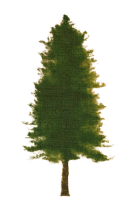
John Hart
New Jersey
The precise date for John Hart’s birth is unknown, but his sincere love and sacrifice for his family, community, and the colonies is well known. Presumed to be born in 1713, he was well known as “a sincere and humble Christian.” His parents lived in Hopewell Township, New Jersey and were religious as well. He was provided a basic education of reading, writing, and arithmetic. Despite not receiving a formal education, he developed an understanding of the law and gained a competent business mind.
In 1740, John Hart bought 193 acres of land in the town of Hopewell. This would comprise his “homestead plantation.” He and his brother added to their list of assets in 1751 a mill, and Mr. Hart acquired over 600 acres in the 1770s. With his substantial purchasing power, in 1773, he and his son-in-law, John Polhemus, bought another mill in Rocky Hill, the town just down the road. On the plantation, Mr. Hart raised numerous livestock such as cattle, sheep, swine, horses, and fowl.
A touching aspect of his life is the courtship of his future wife. Deborah Scudder, of Scudder Falls, was reputedly a woman of “considerable beauty.” When he wanted to see her, John Hart would ride approximately 30 miles round trip to court her. They were married in 1739.
In 1750, John Hart entered public service when he was elected to the Hunterdon County New Jersey Board of Chosen Freeholders. Then, in 1755, he became justice of the peace. This appointment granted him the opportunity to present himself as a lawyer, John Hart, Esquire. He served in the General Assembly where he represented Hunterdon, Morris, and Sussex counties, from 1761-71. He was also appointed to the Court of Common Pleas. In the following years, he served on various committees: a delegate committee for the First Continental Congress; the colony’s Committee of Correspondence, which facilitated communication with other colonies about the fight for freedom; and the Committee of Safety. In 1776, he was elected to the newly formed Provincial Congress of New Jersey. In June, he was selected to represent his colony at the Second Continental Congress. In light of not receiving a formal education, his political ascendency speaks to his character, diligence, and trustworthiness.
The last sentence of the Declaration of Independence reads, “And for the support of this Declaration, with a firm reliance on the protection of divine Providence, we mutually pledge to each other our Lives, our Fortunes and our sacred Honor.” On August 2, 1776, John Hart wholeheartedly applied his signature to the Declaration and this pledge specifically. It would not be long before his genuineness in making that pledge would be tested when the British invaded New Jersey in November. The month before, however, he suffered a significant loss. His wife, who had been struggling with a particular disease, died on October 8th.
As he and his family were grieving, the British forces began moving through New Jersey pillaging property. The violence eventually came to his plantation. He was forced to flee and hide in the woods and caves of Sourland Mountain. He was pursued with intention by the Redcoats, but he evaded their grasp. He returned to his home once the British were successfully beaten by the Continental Army at Trenton and Princeton.
Significant fighting continued in New Jersey for the next three years. In June of 1778, John Hart extended to General Washington the offer to encamp on his plantation. General Washington accepted and 12,000 men encamped at the Hart homestead. The stay provided rest and rejuvenation for the soldiers. The men left on June 24th and marched east. Four days later they battled the British at Monmouth and secured victory.
Almost a year later, John Hart experienced kidney stones. He suffered in an excruciating manner. At his home and surrounded by his family, he died on May 11, 1779. He received much praise in the days following his death. Regarding his Christian faith, Mr. Hart was commended for his sincerity, generosity and humility. The Baptist church where he worshipped were particular beneficiaries of his generosity. His worth and influence was described in this manner: “In his world there were pioneers of land, of enterprise, and of political philosophy. From a good but modest beginning, John Hart embodied all three, and attainments qualify him, unreservedly, to be described as a self-made man in his time.”
John Hart lived to be about 66 years of age.

